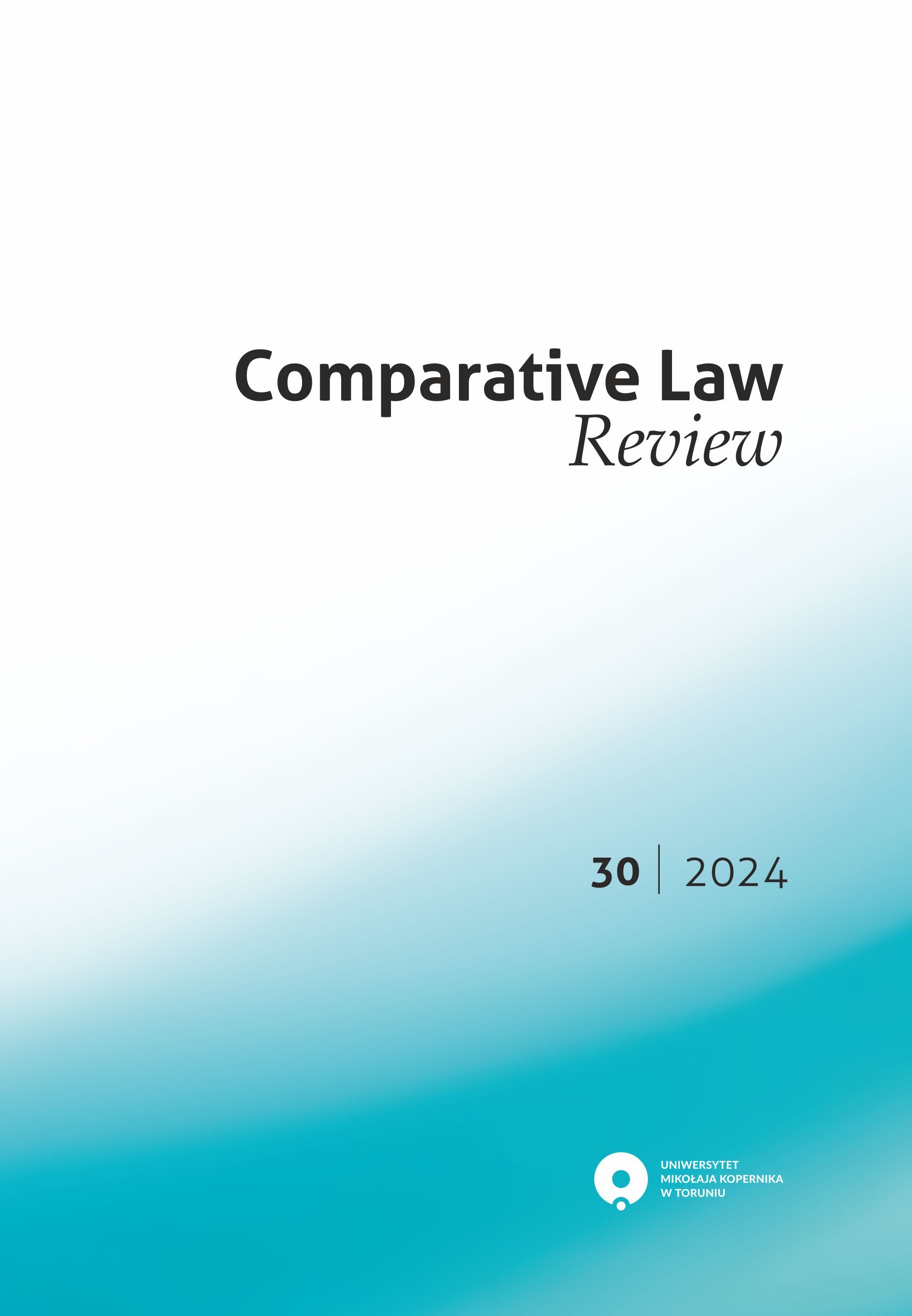Analogical Reasoning in Tax Law – Selected Issues
DOI:
https://doi.org/10.12775/CLR.2024.007Keywords
tax law, analogy, controversy, loopholeAbstract
Reasoning by analogy is well known in many branches of the law. Nevertheless, in the case of tax law, it is still a live and controversial issue. The application of reasoning per analogiam deals with a dilemma typical of the law and is of great value for practice. It is rare to find legal provisions on the admissibility of the use of analogy in the process of tax law interpretation. Owing to the universal nature of this method of inference, it is possible to analyse and draw conclusions regarding its applicability in the national legal orders of continental legal systems. As part of the analysis, the authors present arguments for and against the use of analogy in tax law. Subsequently, the analysis covers selected legal regulations in which the legislator has or has not explicitly referred to the permissibility of the use of analogy in tax law. This section deals in particular with the regulations of Brazil, Spain, Germany, Poland, and Portugal. The authors have also pointed out the distinctiveness of the appropriate application of the legislation and the application of analogy. The article also includes an analysis of selected Belgian, Czech, Polish, and German rulings. The study based on the above leads to the conclusion of a diverse approach to analogy. The research identifies areas of permissibility for the use of analogy in tax law. The authors made use of the comparative and dogmatic-legal methods.
Downloads
Published
How to Cite
Issue
Section
License
Copyright (c) 2024 Marek Słupczewski, Martyna Wilmanowicz-Słupczewska

This work is licensed under a Creative Commons Attribution-NoDerivatives 4.0 International License.
Stats
Number of views and downloads: 579
Number of citations: 0



